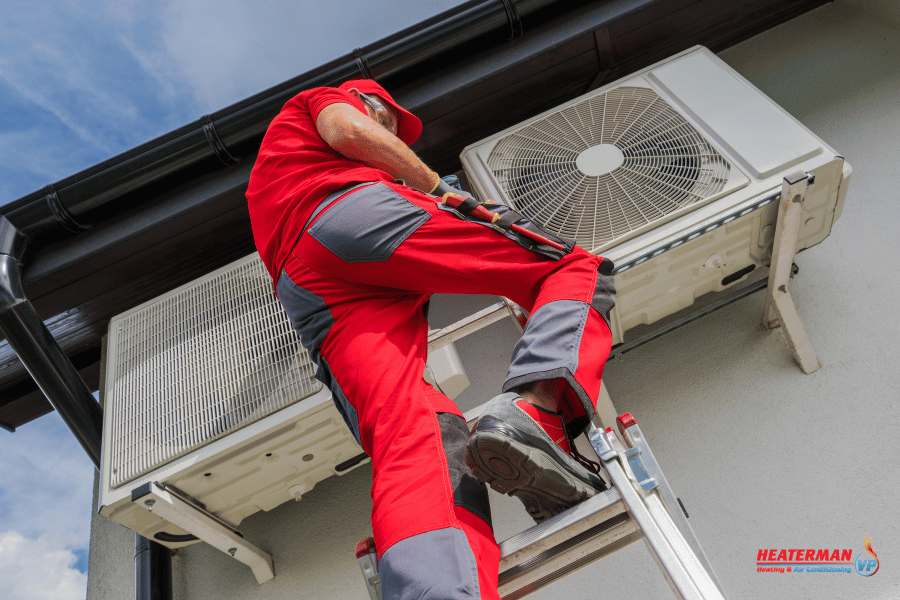
How to Lower Your Cooling Bills This Summer: Proven HVAC Tips for Suffolk County Homes
Summer in Suffolk County can bring beautiful beach days — and painfully high electric bills. If you dread opening your utility statement each July, you're not alone. Fortunately, there are several ways to lower your cooling bills without sacrificing comfort.
In this guide, our HVAC experts share simple and effective tips to help you keep your cool — and your costs down — all summer long.
Top 10 Ways to Lower Your Cooling Costs in Suffolk County
1. Schedule a Pre-Summer AC Tune-Up
One of the best things you can do is schedule professional AC maintenance before the hot weather arrives. A tune-up improves efficiency, reduces strain on your system, and catches issues before they turn into costly repairs.
2. Change Your Air Filter Regularly
A dirty air filter makes your system work harder, reducing airflow and energy efficiency. Check your filter every 1–2 months and replace it as needed, especially during peak cooling season.
3. Use a Programmable or Smart Thermostat
Set your thermostat to increase the temperature when you're away and lower it before you return. Even a few degrees can save you money. Smart thermostats can learn your habits and make automatic adjustments.
4. Close Blinds and Curtains During the Day
Direct sunlight can heat up your home quickly. Blocking it out with curtains, blinds, or reflective window films can reduce indoor temps and ease the load on your AC.
5. Seal Air Leaks Around Windows and Doors
Cool air can escape through gaps and cracks, forcing your system to work overtime. Sealing these leaks keeps your home cooler for longer and lowers overall energy use.
6. Upgrade to a High-Efficiency AC Unit
If your system is more than 10 years old, upgrading to a modern, energy-efficient model with a high SEER rating can reduce cooling costs by up to 40%.
Explore AC Installation Options
7. Cook and Do Laundry Later in the Day
Appliances generate heat. Running ovens, dryers, and dishwashers during the hottest part of the day makes your AC work harder. Try using them in the early morning or evening hours instead.
8. Use Ceiling Fans to Boost Comfort
Fans don’t lower the temperature, but they help circulate air and make you feel cooler. This allows you to raise the thermostat a few degrees without feeling it.
9. Insulate and Ventilate Your Attic
An overheated attic can radiate heat into your living space. Proper insulation and ventilation can make a huge difference in how hard your AC has to work.
10. Consider a Zoned Cooling System
If certain rooms in your home are always warmer, consider upgrading to a zoned system or adding ductless mini splits. This allows targeted cooling and can reduce energy waste.
Learn About Ductless Mini Splits
Did You Know? For every degree you raise your thermostat above 72°F, you can save up to 3% on your cooling bill.
FAQs
Q: What temperature should I set my thermostat to in summer?
A: 76°F to 78°F is ideal for balancing comfort and savings.
Q: How often should I have my AC serviced?
A: At least once a year — ideally in the spring before peak season.
Q: Can old ductwork increase cooling bills?
A: Yes. Leaky or poorly insulated ducts can waste up to 30% of your cooled air.
Q: Is it worth upgrading my thermostat?
A: Smart thermostats can pay for themselves in just one or two seasons through energy savings.
Cooling system working overtime — or not at all?
If your AC can’t keep up or suddenly stops working, our Emergency HVAC Services in Suffolk County team is available 24/7 to diagnose and repair the issue before it drives your bills even higher.




